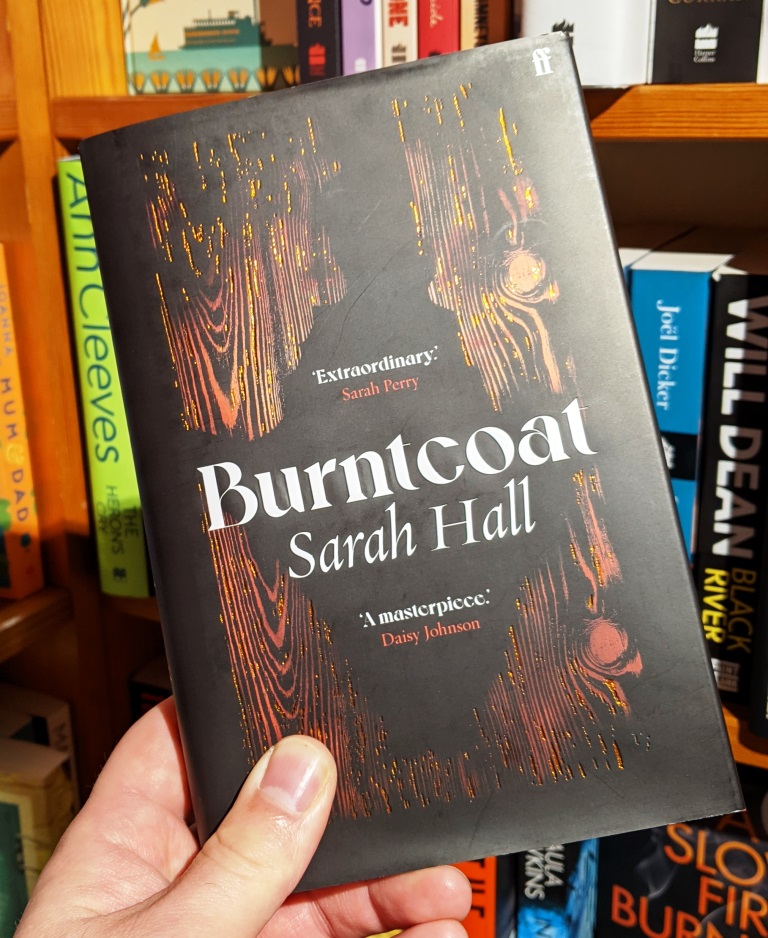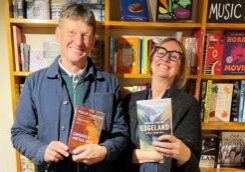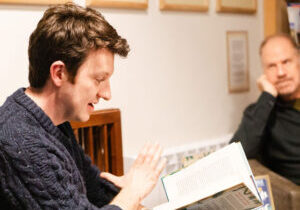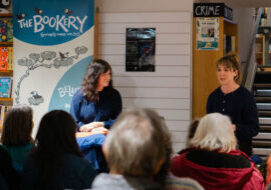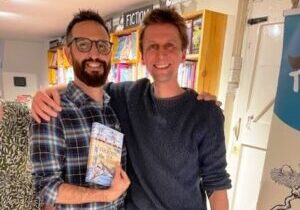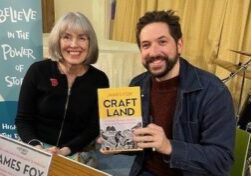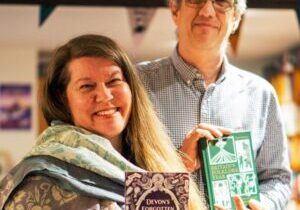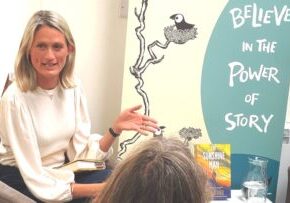A searing novel – the emotional temperature of both pleasure and pain are hard to bear at times but the writing is brilliant and makes for compulsive reading.
Edith is about to die. She reflects on her life, to understand who she is and the story of how she became.
When she was 8 her mother suffered a brain haemorrhage. Unable to cope with her disabilities, Edith’s father fled. Edith learned how to support her mother and they managed in an isolated cottage away from other people. Edith makes things; at 14 she built a huge model boat which made her mother laugh with joy for the first time in years.
At art college she remained an outsider but a technician recognises her talent and mentors her to graduation and a belief in her work. She goes to Japan and learns about shou sugi ban, a burning technique to strengthen wood; it becomes integral to her work and a metaphor for her experience.
Commissions for her huge pieces follow, she becomes famous but Edith does not want public scrutiny and hides away in a cavernous disused building called Burntcoat which she makes her studio and home.
By chance she meets Halit; they quickly become passionately infatuated: at last Edith has found love and happiness. But within a few weeks a deadly virus rips through the population; the country almost descends into anarchy. Edith and Halit retreat to Burntcoat, revelling in their isolation together. But they cannot escape the pandemic: Edith gets hurt defending a woman in a bread queue, Halit is badly beaten retrieving food supplies and then, tragically, succumbs to the virus.
Edith contracts the disease but survives. Eventually she returns to work and is commissioned to make a memorial to the million dead even though she knows she will soon become another victim.
The narrative abruptly chops and changes time and situation mimicking the disjointed experience of memory. In a few sentences Sarah Hall can change mood shockingly but so skilfully there is still fluency in the story.
This is a pandemic novel that powerfully expresses fear, confusion and suffering but it is primarily an account of how someone comes to an understanding of themselves, through their relationships, their creativity and the savage impunity of fate. A remarkable book.
(review by Andrew)

